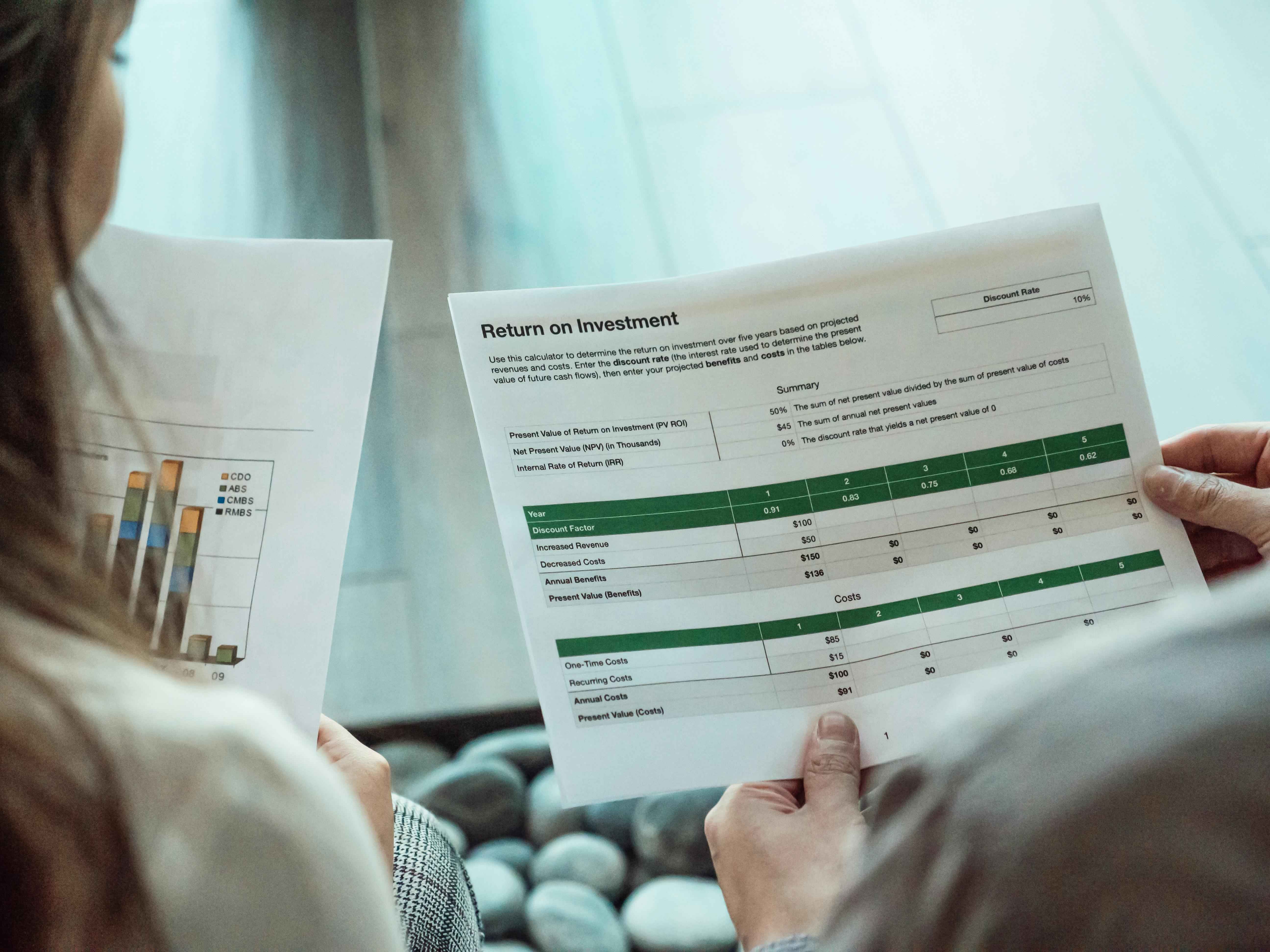Introduction
Crypto mining plays a crucial role in securing blockchain networks and validating transactions, but it requires significant financial investment in hardware, electricity, and maintenance. With fluctuating market conditions and network difficulty, miners must carefully evaluate costs, profitability, and return on investment (ROI) to stay competitive.
This article explores the key financial aspects of crypto mining, how to calculate profitability, and strategies to maximize returns while minimizing expenses.
1. Key Costs Involved in Crypto Mining
Mining profitability depends on multiple cost factors, which must be carefully managed to sustain long-term operations.
a. Hardware Costs (Mining Rigs & Equipment)
- ASIC miners (e.g., Bitmain Antminer, Whatsminer) are optimized for Bitcoin mining but can cost $3,000–$10,000+ per unit.
- GPU mining rigs (e.g., NVIDIA, AMD) are used for Ethereum, Ravencoin, and other altcoins but have high upfront costs and power consumption.
b. Electricity Costs (Major Expense for Miners)
- Mining consumes large amounts of power, making electricity a critical cost factor.
- The cost varies by location:
- China (before restrictions): $0.04/kWh (low cost).
- United States: $0.10–$0.15/kWh (moderate cost).
- Europe: $0.20–$0.30/kWh (high cost).
c. Mining Pool Fees
- Miners join mining pools to share computing power and earn rewards more consistently.
- Common mining pools: F2Pool, Slush Pool, AntPool, Binance Pool (fees range 1%–3% of earnings).
d. Cooling and Maintenance Costs
- High-performance mining rigs generate excessive heat, requiring industrial-grade cooling systems.
- Additional costs include repairs, firmware updates, and replacement of damaged components.
2. How to Calculate Crypto Mining Profitability
Miners must consider block rewards, mining difficulty, and operational expenses to determine profitability.
a. Key Metrics for Profitability Calculation
- Hashrate (TH/s or MH/s): Measures mining power—higher hashrate increases chances of earning rewards.
- Block Rewards: Bitcoin miners currently earn 6.25 BTC per block, reducing to 3.125 BTC after the 2024 halving.
- Network Difficulty: The higher the difficulty, the more power required to mine successfully.
b. Profitability Calculation Formula
Profit = (Mining Revenue) − (Electricity Cost + Hardware Depreciation + Pool Fees)
Miners use calculators like CryptoCompare, WhatToMine, and NiceHash to estimate earnings.
3. Strategies to Maximize Mining ROI
To improve profitability, miners should adopt cost-saving strategies.
a. Choosing Energy-Efficient Mining Equipment
- ASIC miners with high performance-to-power ratio (J/TH) reduce electricity costs.
- Example:
- Bitmain Antminer S19 Pro (29.5 J/TH) → More efficient.
- Older Antminers (60+ J/TH) → Less efficient.
b. Relocating to Low-Cost Electricity Regions
- Some miners move to energy-cheap locations like Texas, Canada, or Kazakhstan to cut costs.
c. Participating in Profit-Sharing Mining Pools
- Pools like PPS+ and FPPS models offer steady payouts while covering transaction fees.
d. Utilizing Renewable Energy Sources
- Solar, hydro, and wind power can significantly reduce electricity expenses.
4. Future Trends in Crypto Mining Economics
a. Bitcoin Halving and Profitability Adjustments
- Bitcoin’s next halving (2024) will reduce block rewards to 3.125 BTC, impacting miner earnings.
b. Rise of Green Mining and Carbon Credits
- Governments may introduce carbon credit incentives for miners using sustainable energy.
c. Shift Toward Decentralized Mining Pools
- Some projects (e.g., Ocean, P2Pool) aim to prevent mining centralization by enabling decentralized mining pools.
Conclusion
Crypto mining remains a profitable venture when managed efficiently, but it requires careful cost analysis, energy optimization, and hardware investment. As mining difficulty increases and block rewards decrease, miners must adopt efficient strategies to maximize ROI and adapt to changing market conditions.
If you have any questions or require further assistance, our team at Block3 Finance can help you.
Please contact us by email at inquiry@block3finance.com or by phone at 1-877-804-1888 to schedule a FREE initial consultation appointment.
You may also visit our website (www.block3finance.com) to learn more about the range of crypto services we offer to startups, DAOs, and established businesses
